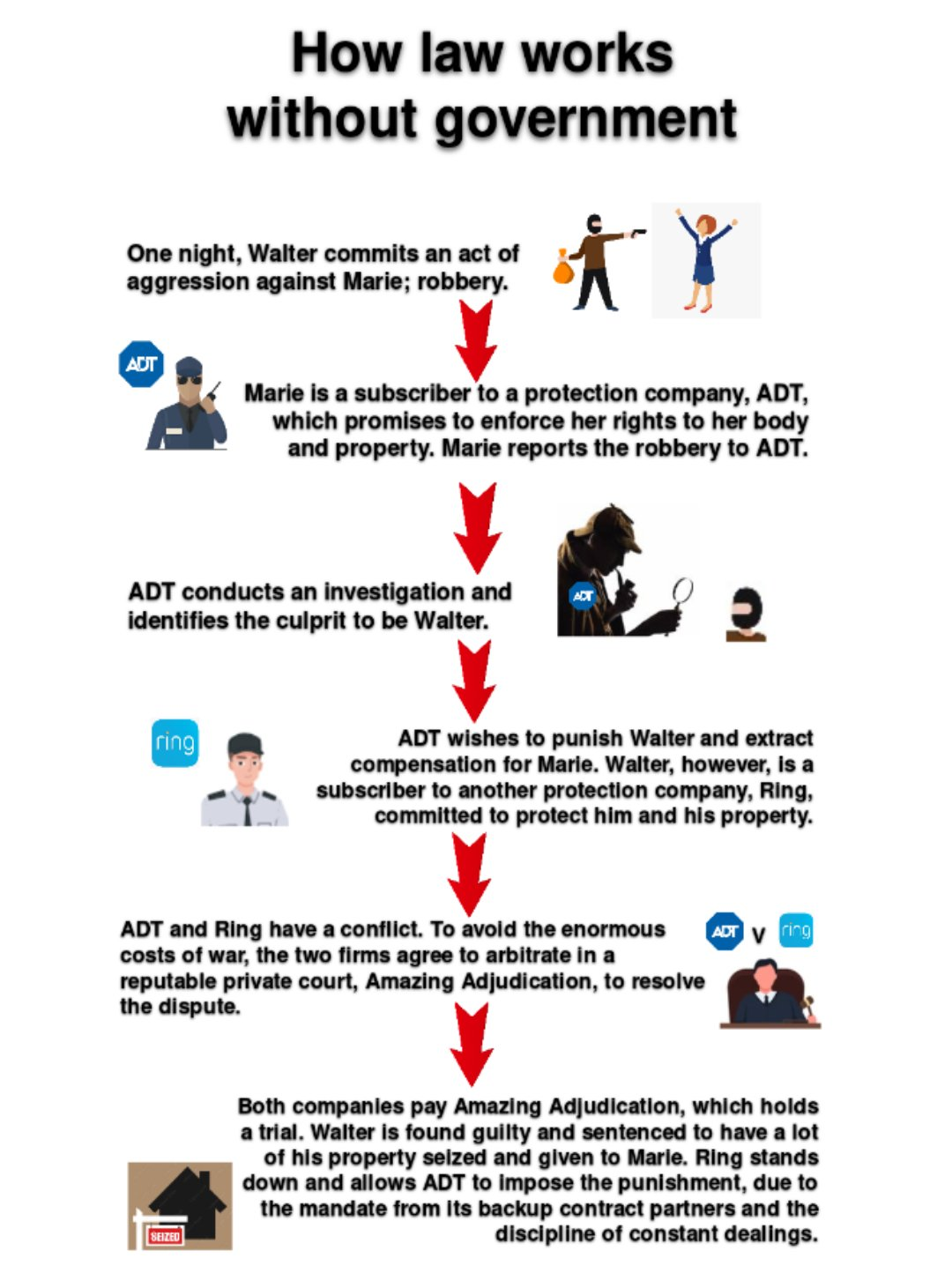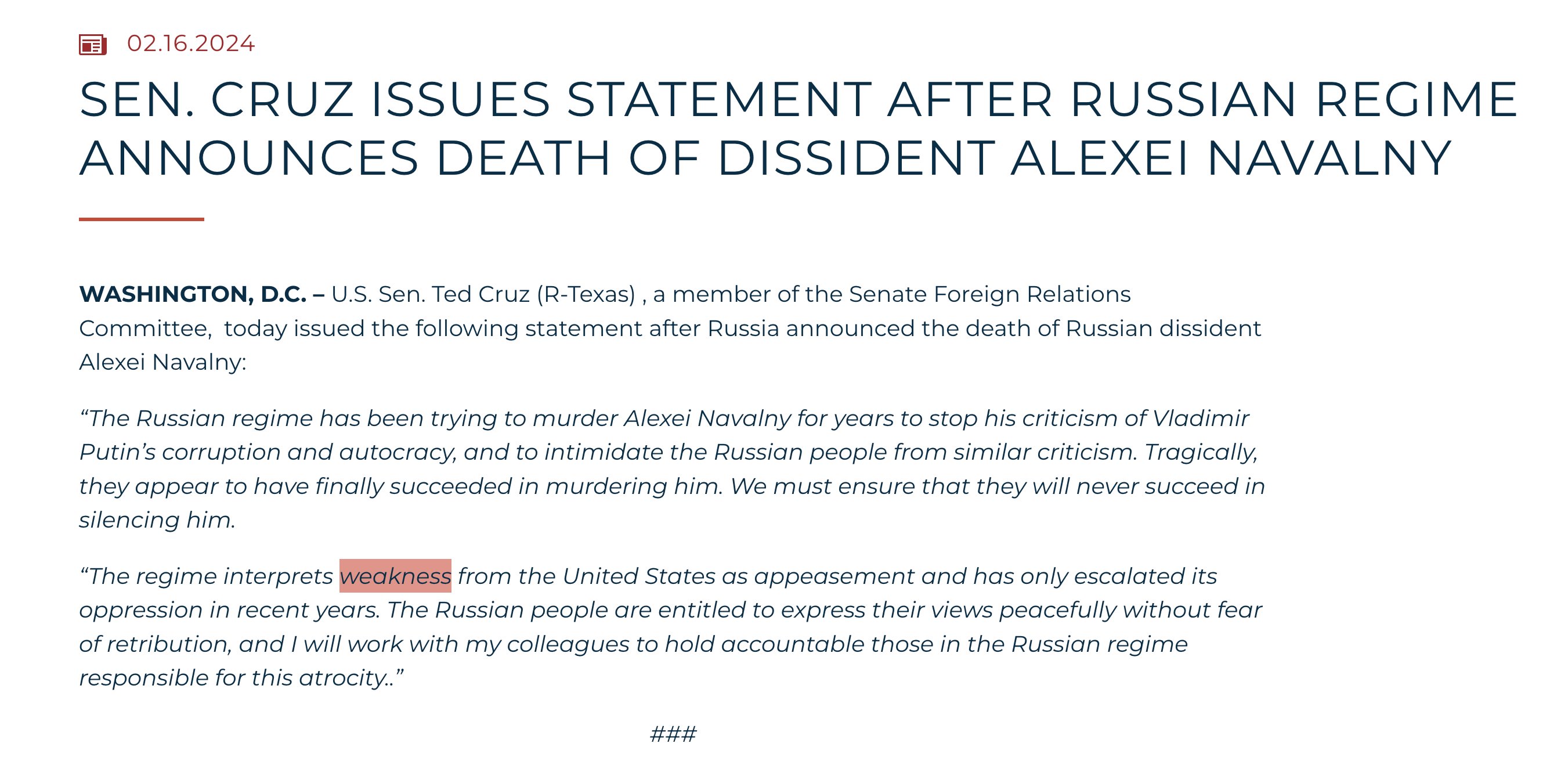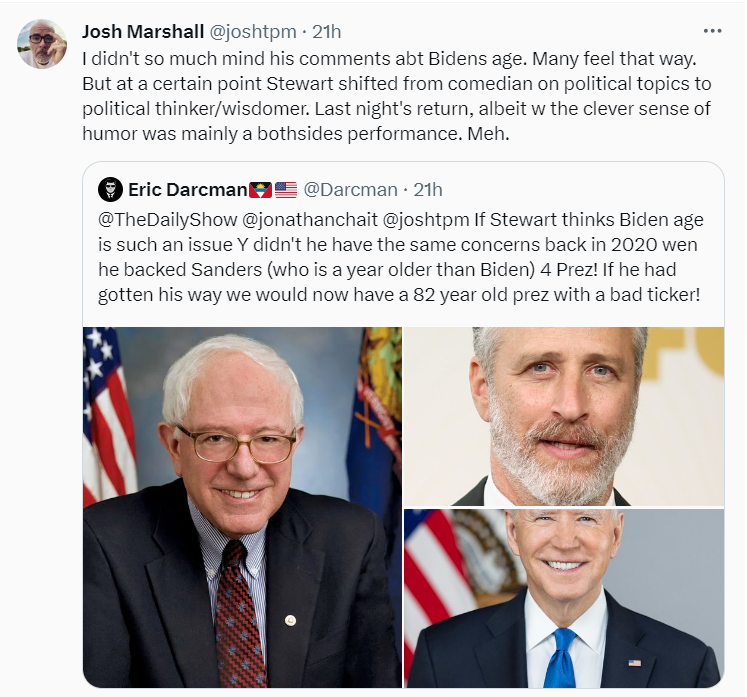Marshall is a common ground kind of guy so it is unusual for him to go after a colleague, particularly in one as respected as Klein without conceding that at least one are two secondary points have some merit, but he's not giving any ground here ("No. Ezra Klein is Completely Wrong. Here’s Why.")and quite rightly so. Barring a few examples from writers with obvious ideological axes to grind, this may be the worst piece of political analysis I have ever seen from the New York Times, a paper which in recent memory has told us that Obama was toast in 2012, Trump couldn't possibly get the nomination in 2016, DeSantis was unstoppable in 2022, and Nikki Haley was building up real momentum in late 2023.
Klein starts out by arguing that Biden has been an excellent president and is completely up to the job, strongly implying, perhaps even saying outright (I'd need to go back and double check) that he is the best choice for governing. This goes on for about a third of the essay before taking a sharp left turn and claiming that our only hope of keeping Trump of the White House is for Biden to step down and to have the Democratic nominee decided by what Josh Marshall calls a thunderdome convention.
I use the word claim because you can't really call this an argument. It is, at best, an argument-shaped thing like what you might get from chat GPT on a bad day. It is a concatenation of strawmen, anecdotes that don't actually address the matter at hand, and underwear gnome planning. Probably the most interesting and possibly important aspect of this essay has little to do with the points being made in the original piece and more to do with how something this bad could be penned by someone as intelligent an experienced as as for climb and how so many otherwise smart people could take it so seriously.
I'll try to come back to that in another post. For now, there are a couple of major flaws with the thunderdome argument which Marshall does not get around to addressing (and you really should read Marshall's piece before going any further).
Let's start with Klein's description of how he thinks the process might go:
Still, it is the party’s job to organize victory. If Harris cannot
convince delegates that she has the best shot at victory, she should not
and probably would not be chosen. And I don’t think that would rip the
party apart. There is a ton of talent in the Democratic Party right now:
Gretchen Whitmer, Wes Moore, Jared Polis, Gavin Newsom, Raphael
Warnock, Josh Shapiro, Cory Booker, Ro Khanna, Pete Buttigieg, Gina
Raimondo [Be honest. Was I the only one who had to look this one up? -- MP], Alexandria Ocasio-Cortez, Chris Murphy, Andy Beshear, J.B.
Pritzker — the list goes on.
Some of them would make a run at the
nomination. They would give speeches at the convention, and people would
actually pay attention. The whole country would be watching the
Democratic convention, and probably quite a bit happening in the run-up
to it, and seeing what this murderer’s row of political talent could
actually do. And then some ticket would be chosen based on how those
people did.
Could it go badly? Sure. But that doesn’t mean it will
go badly. It could make the Democrats into the most exciting political
show on earth. And over there on the other side will be Trump getting
nominated and a who’s who of MAGA types slavering over his leadership.
The best of the Democratic Party against the worst of the Republican
Party. A party that actually listened to the voters against a party that
denies the outcome of the elections. A party that did something
different over a party that has again nominated a threat to democracy
who has never — not once — won the popular vote in a general election.
That seems like an OK contrast to me.
The might-not-go-badly standard isn't all that reassuring, especially given that in 2024 bad = disastrous. One could argue that the 1968 Democratic Convention was the most exciting political show on earth. Bitter fights and deep rifts make for great ratings. Klein acknowledges that '68 was a disaster, then waves away the possibility of history repeating itself despite a militant anti-war faction once again being a problem for the party.
Given this and all the other ways that a thunderdome convention can go badly, I'd personally give the possibility of a dumpster fire better than even money, but even if the convention goes smoothly, is this process likely to give us the most electable candidate?
There are lots of reason to be skeptical, but I'll focus on just one, vetting. Who on that "murderer’s row of political talent" has the nation actually taken a good look at? Booker, Buttigieg, and Ocasio-Cortez are the only names that jump out at me. The there are a couple of famous unknowns, Whitmer and Newsom, politicians who have been widely seen but not widely scrutinized.
Like most people, I don't actually know that much about Whitmer, but I have had a chance to study Newsom and, as mentioned before, vetting is not his friend.
Really not his friend.
Newsom can't be the only one on Klein's list who looks better from a distance, but how likely are we to be able to distinguish the gilded from the gold in a few rushed and chaotic days driven by an ever growing sense of panic and guided by a press corps that has gotten virtually every major political story wrong for the past decade or so?







